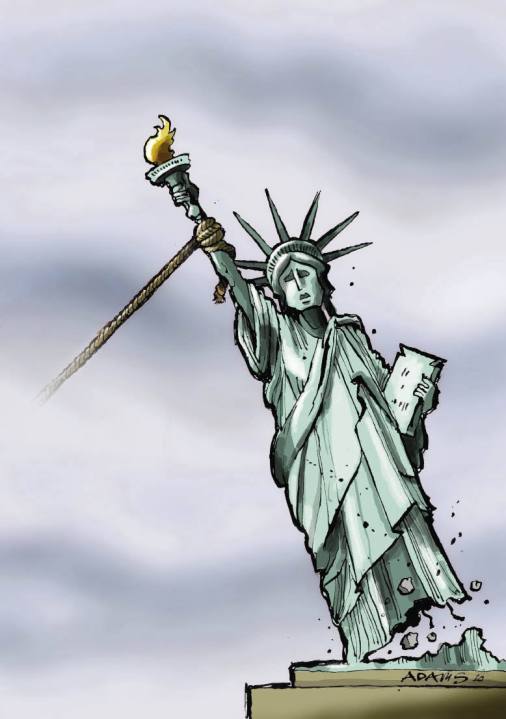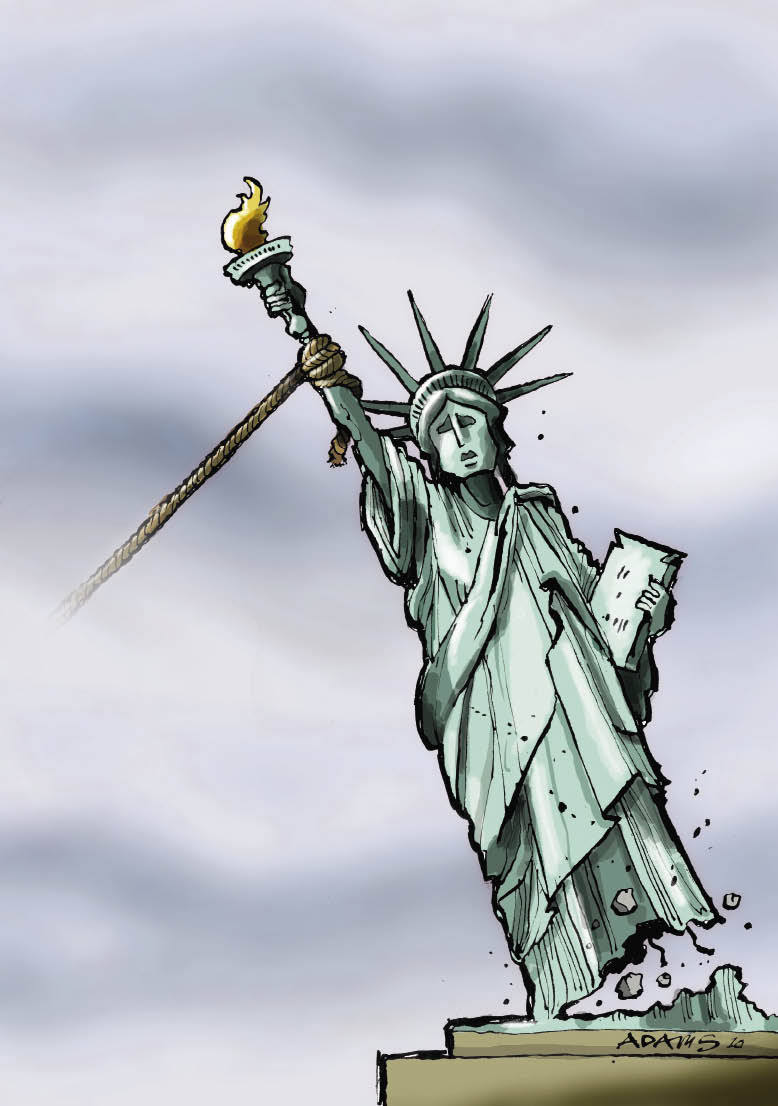Twenty years ago, Francis Fukuyama forecast the final triumph of liberal democracy and the ‘end of history’. As pro-democracy movements falter from Ukraine to China, he revisits his thesis — and asks if history has a few more surprises to spring
It looked like a revolution in reverse. The announced victory of Viktor Yanukovich in Sunday’s Ukrainian presidential election undid that country’s Orange Revolution of 2004 by returning to power the very man whom tens of thousands of pro-democracy protesters came out to defeat. And this is only the latest in a series of apparent setbacks for democracy in recent years. Over the last decade we have seen the collapse or discrediting of not just the ‘Orange’ movement, but many of the other so-called ‘rainbow revolutions’ across eastern Europe: the ‘Rose’ revolution in Georgia, the ‘Cedar’ revolution in Lebanon. Then there’s Vladimir Putin’s transformation of Russia into an ‘electoral authoritarian’ state, the undermining of democratic institutions by Hugo Chavez in Venezuela, and the rise of China as a successful authoritarian moderniser.








Comments
Join the debate for just $5 for 3 months
Be part of the conversation with other Spectator readers by getting your first three months for $5.
UNLOCK ACCESS Just $5 for 3 monthsAlready a subscriber? Log in